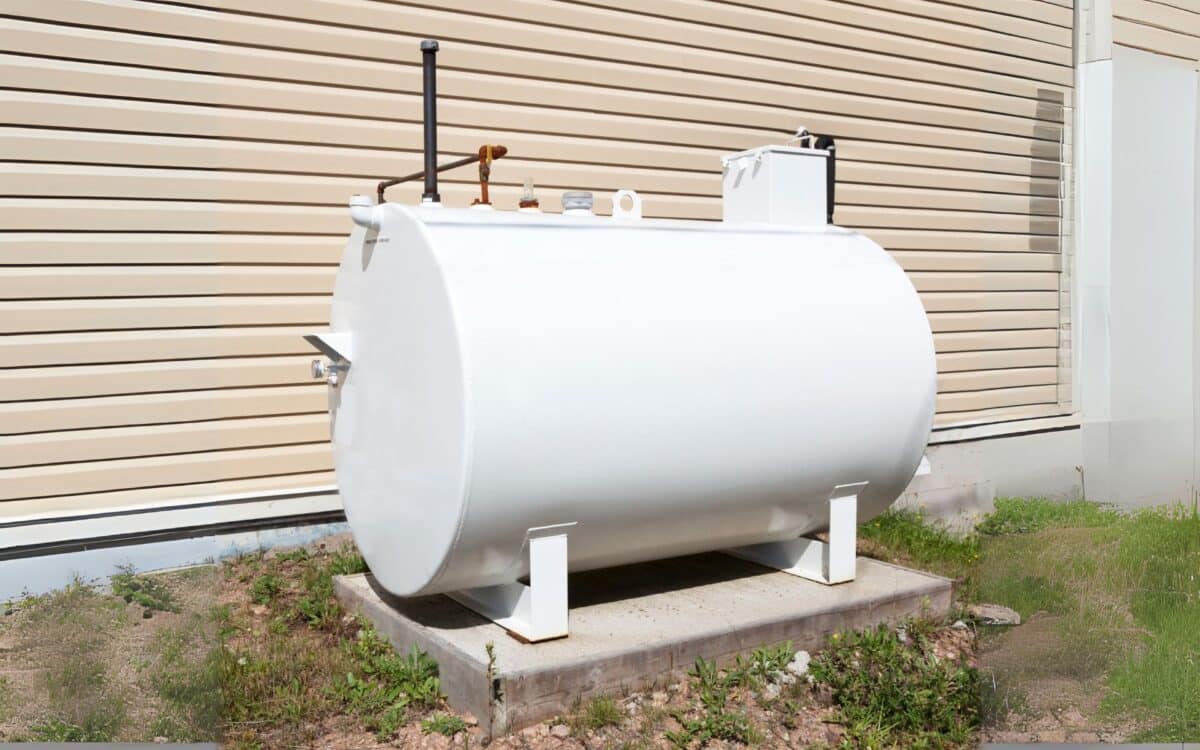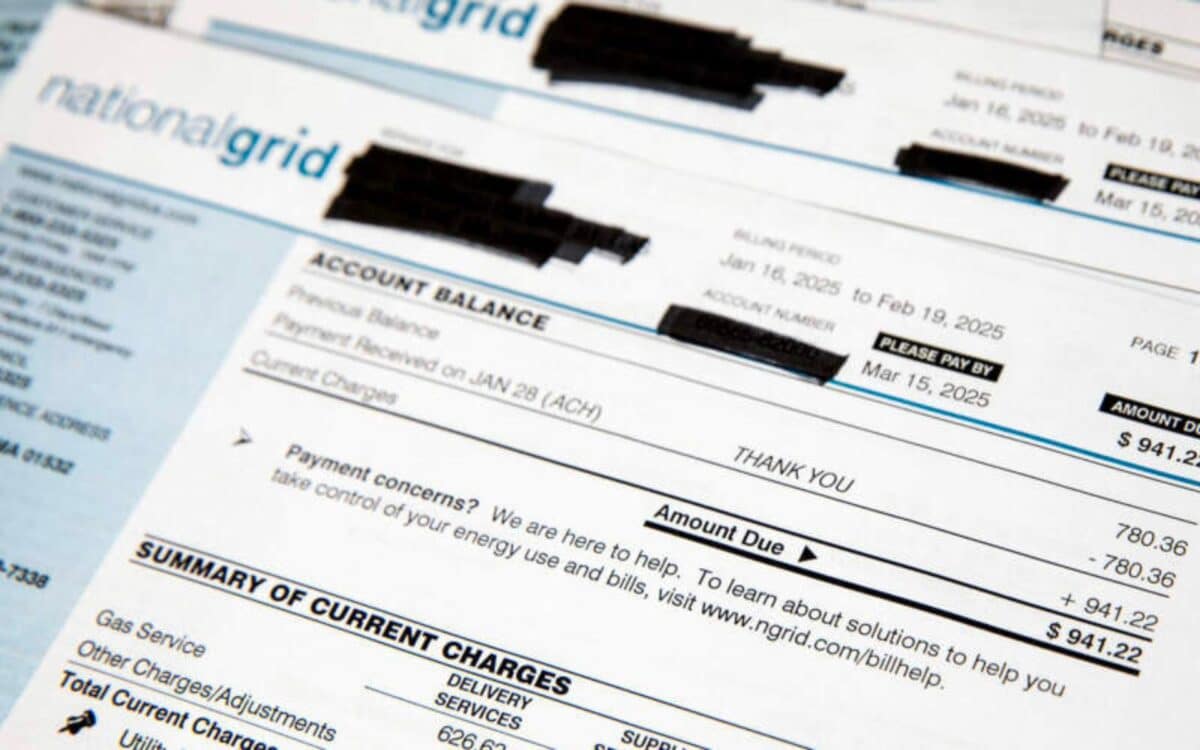A federal energy assistance program that has quietly supported millions of low-income households for decades is now facing potential elimination.
The Low Income Home Energy Assistance Program (LIHEAP) helps families cover heating and cooling costs, particularly in regions where seasonal extremes can pose serious health risks.
According to reporting by WBUR, the program’s removal is proposed in President Donald Trump’s latest discretionary budget, sparking concern among officials and advocates in the Northeast.
Though the administration questions its necessity, the timing of the proposal has drawn attention due to its possible impact just ahead of another winter heating season.
Impact on Northeastern Families
In states like Massachusetts, where the cost of heating oil is high and winters are severe, LIHEAP serves as a critical support mechanism for low-income households.
In 2023 alone, the state received $144 million in LIHEAP funding. Nearly 2 million families across the region rely on the program to avoid choosing between paying heating bills and other essentials like food or medication.
Lillie Bryan, a 77-year-old retiree in Dorchester, is one of those residents. Heating her small home can cost her up to $1,500 for a full oil tank—an amount she couldn’t afford without LIHEAP.
We are so blessed to have the program – Bryan said.
It’s a relief, it’s a comfort, knowing that you don’t have to worry about [staying warm] when October or November comes.
Her struggle began in 2008 after separating from her husband and realizing her income could not stretch across the mortgage, utilities, and groceries.
She took cold showers, used her oven as a makeshift heater despite fire risks, and constantly checked her oil meter, trying to calculate how long the fuel would last.
You just did what you had to do to survive – she said.
In February 2013, her oil tank developed a dangerous leak. A delivery worker refused to fill it due to the explosion risk.

Around that time, a neighbor handed her a flyer from Action for Boston Community Development (ABCD), a local group that eventually replaced her oil tank and furnace and enrolled her in LIHEAP.
I remember laying in the bed one night, just scared and I just said, ‘Lord, what am I going to do? I don’t got no money. I don’t know who to call – Bryan recalled. The assistance, she said, changed everything.
It’s going to hurt a lot of families. And at some point you just may find some of these people dead in their house from freezing.
Funding at Risk Amid National Budget Cuts
LIHEAP was established after the 1970s energy crisis and traditionally enjoys bipartisan support. This past year, Congress allocated $4.1 billion, reaching over 6 million households.
But Trump’s proposal argues the program is unnecessary and points to alleged inefficiencies, including a 2010 Government Accountability Office report citing 11,000 instances where deceased or incarcerated individuals were listed on applications, boosting benefit amounts.

Mark Wolfe, executive director of the National Energy Assistance Directors Association, challenged this rationale.
LIHEAP is working. We rarely ever see anyone die in the winter now [from] being in an apartment that’s not heated – he said.
Families have energy bills they can’t afford. They fall behind. And without help, they can be shut off from power. And if you’re shut off from power, it’s like being thrown back to the Middle Ages.
Wolfe added that the report used to justify the cuts is outdated:
I was surprised they were bringing this up because it’s a 15-year-old report – he said.
It comes from a time before computerized systems were widely available, and when many of the forms were processed by paper and were hard to check.
State-Level Response and Limitations
Some policymakers argue that energy assistance programs should be administered by states rather than the federal government. Rachel Greszler, an economist at the Heritage Foundation, believes this would create more accountability and efficiency.
The current administration is doing a lot to unleash American energy so that we will see the costs come down – she said.
I think that all the incentives are better aligned if it is financed by the level of government that is actually providing the benefits to the individuals. It’s become incredibly dangerous that we just have this notion that it’s free money if it comes from the federal government.
But local officials disagree. Jenifer Bosco, a lawyer with the National Consumer Law Center, noted that many households use heating oil or propane, which are not subject to utility shutoff protections.
Even in cases where disconnection is legally barred in winter, customers still accumulate debt. A recent report found that the average Massachusetts resident in arrears owed $997, while the average low-income household owed $1,471.
Ed Augustus, secretary of the Executive Office of Housing and Livable Communities in Massachusetts, said:
It would be impossible for the state to fully step in and make up the difference. You look at the budget that we’re dealing with now, we already have some challenges keeping up with a lot of the programs that we primarily fund as a state – He called the plan to eliminate LIHEAP frustrating, insane, and shortsighted.
They think they’re saving money by cutting the staff and by cutting the program, but this is going to end up costing a lot more than it saves – Augustus added.
It’s going to result in seniors getting sicker when they don’t have to, and being hospitalized more frequently.









